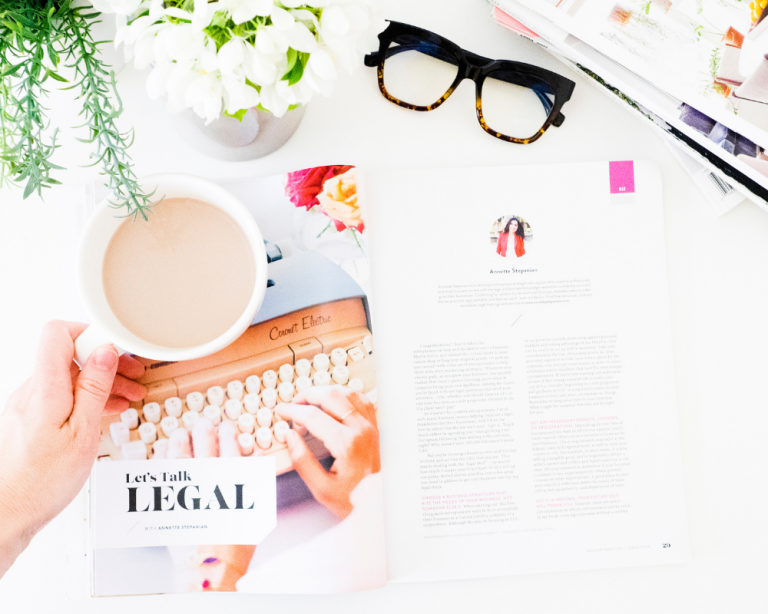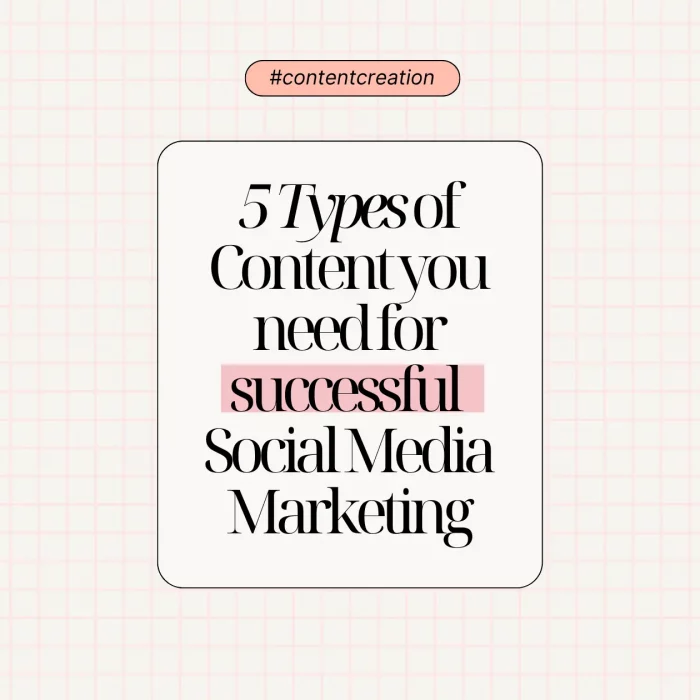
Stock photos are both a blessing and a curse for a business. After a quick Google search, you’ll find countless beautiful and affordable images you can use for your own marketing. But be careful: not everything that glitters is gold — especially when it comes to free images. Not every stock photo can be used without restrictions. In this article, we’ll explain exactly what you need to consider when using stock photos, and which legal aspects and license conditions you need to watch out for.
I’d like to make it explicitly clear: I’m a certified marketing specialist — not a lawyer. The information in this article is not legal advice and is not intended to be. My goal is to raise awareness among other entrepreneurs about this topic — because unfortunately, far too many “experts” still recommend Unsplash & Co. without mentioning the risks.
We also use stock photos on marketingminded, but there are certain disadvantages and dangers when using them. However, if you do your research and know what to look out for, using free stock photos isn’t a problem.
First Things First: Image Databases & Licenses
When you decide to use stock photos, you must consider not only general legal aspects but also the licenses of each database. These licenses regulate various aspects of use — for example, usage duration, allowed modifications, and whether the image can be used commercially. Licenses also specify where you can use the image, how to credit the source, and — most importantly — whether commercial use is permitted at all. Licenses set the framework within which you may use each image, and every database has its own guidelines. Therefore, it is crucial to read them carefully. Free stock image providers often advertise “royalty-free” images — but beware: there’s still a lot to consider here.

Copyright, Trademark Law, Personality Rights & Property Releases — or: The Endless Pitfalls
Let’s talk legal: “royalty-free” does not mean “free of rights.” And that’s exactly where the problem lies. These image databases are like Wikipedia — anyone can upload something. No source verification, no checks.
It often happens that the images on these platforms are not uploaded by the actual copyright owners but by third parties. Even with “royalty-free” images, the copyright always remains with the photographer — unless it is explicitly transferred in writing. If the copyright owner isn’t aware that their images were uploaded, they cannot transfer any rights. In such cases, using the image is unlawful and subject to legal action. This is something platforms like Unsplash, Pexels & Co. are well aware of. A quick look at their terms and conditions shows: the user is responsible for verifying and complying with all rights. Meaning: in case of doubt, you are liable.
A quick Google search will show you that users have frequently received cease-and-desist letters because the photographer had no knowledge of the publication. There are even “copyright trolls” who intentionally upload stolen photos, track them using special software and reverse image searches, and then sue users to profit financially. Copyright violations are anything but cheap. In addition to retroactive usage fees, there are often claims for damages and attorney and court costs. Especially for small businesses or solo entrepreneurs, unexpected costs can quickly become existential threats.
Of course, not every photo is illegally uploaded to these platforms. Still, it’s essential to know this risk if you want to use stock photos — whether paid or free. Besides copyright, there are many other laws to consider.
You might think you can safely use promotional images that companies themselves offer for free on Unsplash, right? You can use photos provided by companies if you adhere to the usage conditions. But photos depicting companies and their products are a different story. In these cases, different laws and legal frameworks apply.
Some may have noticed that logos are removed from certain stock photos (e.g., the Apple logo or Coca-Cola lettering) . There’s a good reason: if branded products and logos are visible in a photo, , trademark or design rights can be enforced against you — even if you own the photo’s copyright. The key is how the image is used: if you use it to promote your online shop or products, or if you want to profit from the good image of the brand shown, you need the brand owner’s permission — otherwise, you risk legal action. This also applies even if the logo isn’t clearly visible but the product is still recognizable.
This means: if you sell cola, you can show a bottle of cola. But if you sell homemade lemonade, you can’t show a cola bottle.
A so-called “property release” is required when a building is visible in an image that was not photographed from a public space. This includes, for example, drone photos — but even an ordinary bedroom photo needs a property release if the interior can be clearly identified as belonging to a particular person.
Finally, to publish photos with people in them, you need a “model release.” This means the individuals shown must give their consent to be depicted and for the photo to be used (commercially). Again, it is up to the user to obtain this consent.
These legal frameworks don’t only apply to free stock photos but to any photo that is published. Therefore, whenever you use photos you didn’t take yourself, it is essential to check the licenses and any necessary consents.
As with so many things: no plaintiff, no judge. Whether you continue using Unsplash and other databases, get a stock photo subscription, or invest in a professional business photoshoot is entirely up to you. This doesn’t mean you have to avoid these types of photos altogether. We also use stock photos on marketingminded (check out our favorite platforms here). But it is important to understand the disadvantages and risks of using stock photos, as well as the legal situation. Only if you are fully informed can you make a well-founded decision for or against stock photos.
Was this article helpful? Pin it for later!






